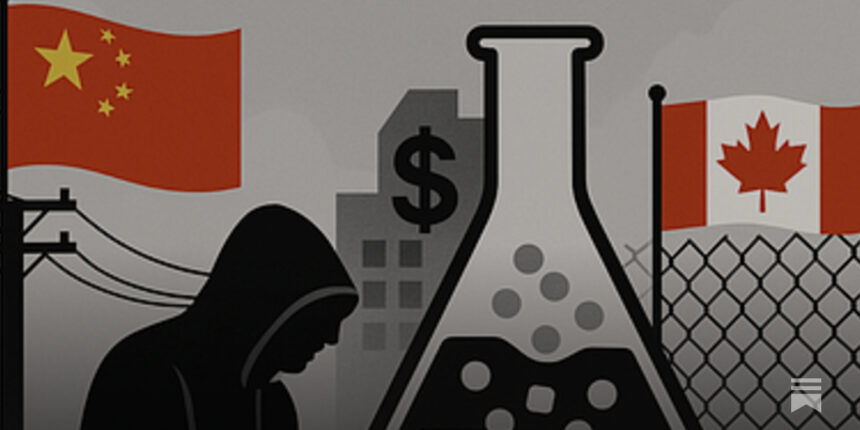The shadows of international espionage have grown longer across Canadian soil, reaching what security experts now describe as an unprecedented crisis point. What was once dismissed as periodic foreign interference has transformed into a systematic undermining of Canadian institutions, with intelligence officials privately expressing alarm at both the scale and boldness of operations targeting the nation’s economic, political, and social foundations.
“We’re witnessing foreign actors operating with near impunity on Canadian soil,” revealed a senior CSIS official who requested anonymity due to the sensitive nature of ongoing investigations. “The reluctance to meaningfully confront these threats has created an environment where Canada is increasingly viewed as a soft target for sophisticated espionage operations.”
Recent intelligence assessments obtained through confidential channels indicate that at least three foreign states have dramatically expanded their covert activities in Canada since 2020. These operations range from traditional intelligence gathering to more aggressive measures including intellectual property theft from research institutions, infiltration of political processes, and targeted harassment of diaspora communities.
The economic impact has been quietly devastating. CO24 Business has learned that targeted cyber operations against Canadian firms have resulted in estimated losses exceeding $5.8 billion in the past year alone, with particular concentration on the energy, technology, and defense sectors. More concerning is evidence suggesting these attacks increasingly serve dual purposes—extracting valuable intellectual property while simultaneously mapping critical infrastructure vulnerabilities.
“We’re seeing a troubling pattern where today’s data breach becomes tomorrow’s leverage point,” explained cybersecurity expert Dr. Mariam Khalid of the University of Toronto. “Foreign actors are playing a long game, building comprehensive profiles of our systems’ weaknesses that could be exploited during periods of heightened tension.”
The political dimension proves equally alarming. CO24 Politics investigations have uncovered coordinated influence operations targeting multiple electoral districts during the last federal election. These sophisticated campaigns deployed both technological tools and human assets to manipulate local political discourse, particularly in ridings with significant diaspora populations or proximity to sensitive research facilities.
Perhaps most concerning is the relatively muted public response to these escalating threats. Unlike allies such as Australia, which has implemented sweeping reforms to counter foreign interference, Canada News analysis shows Canadian countermeasures remain largely reactive and underfunded. The Canadian Security Intelligence Service operates with approximately one-third the per-capita resources of comparable Five Eyes agencies, despite facing essentially identical threat landscapes.
“There’s a distinctive Canadian hesitancy to confront these issues head-on,” noted former national security advisor Richard Fadden in an exclusive interview. “We’ve cultivated a national identity centered on openness and multiculturalism, which is admirable, but we’ve been reluctant to acknowledge how these values can be weaponized against us by hostile actors.”
This reluctance manifests in practical ways. While Parliament has debated potential reforms to foreign interference laws, implementation has consistently stalled amid concerns about overreach. Meanwhile, World News reporting indicates partner nations have grown increasingly frustrated with intelligence leaks traced to Canadian vulnerabilities, potentially jeopardizing critical security relationships.
The human cost extends beyond abstract national security concerns. Diaspora communities report escalating intimidation, with individuals facing sophisticated pressure campaigns designed to silence criticism of foreign governments or extract information from well-positioned community members. These operations exploit existing social divisions while creating new fissures in Canada’s multicultural fabric.
Public safety officials now warn that without substantial policy changes, Canada risks entering a dangerous new phase where foreign interference becomes essentially normalized within national institutions. The necessary reforms would require not just legislative changes but a fundamental shift in how Canadians conceptualize security threats in an interconnected world.
As pressure mounts for a comprehensive national response, the critical question emerges: can Canada reconcile its deeply held values of openness with the increasingly urgent need to protect itself from those who would exploit these very principles to undermine its democratic foundations?

























